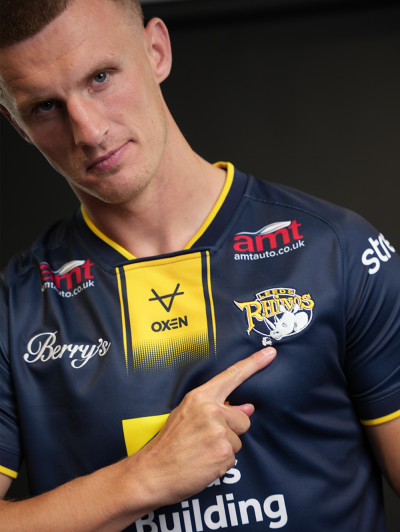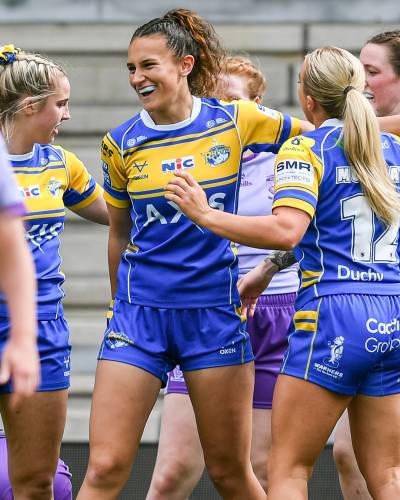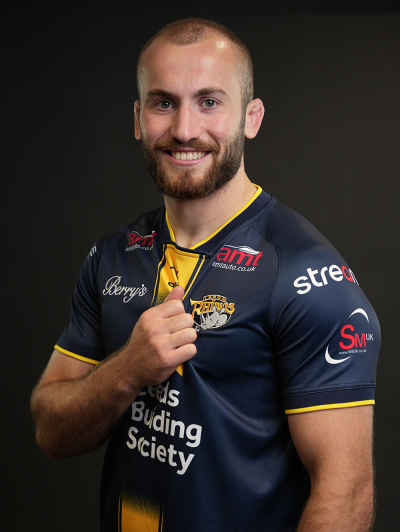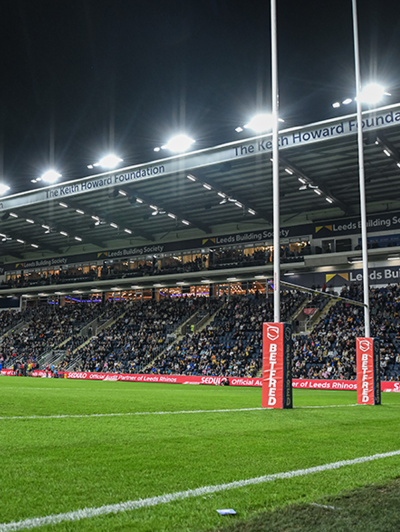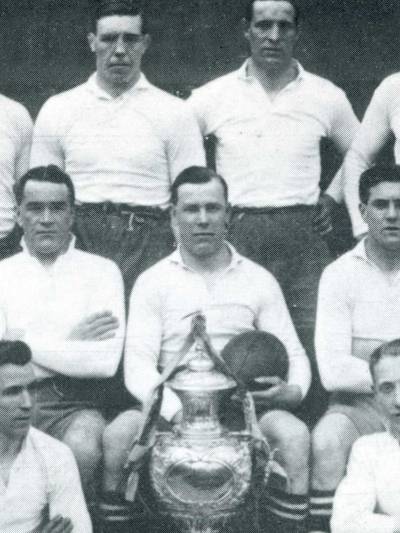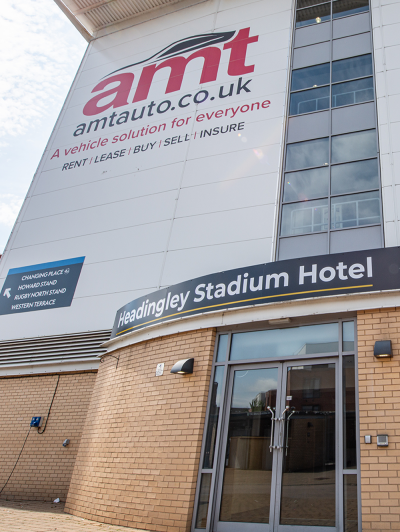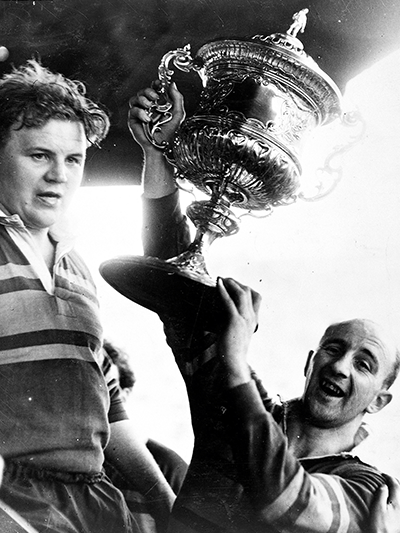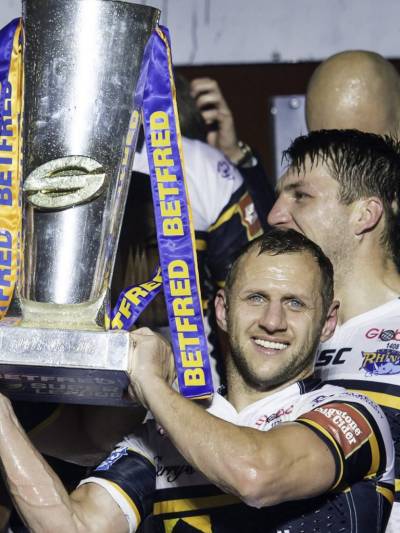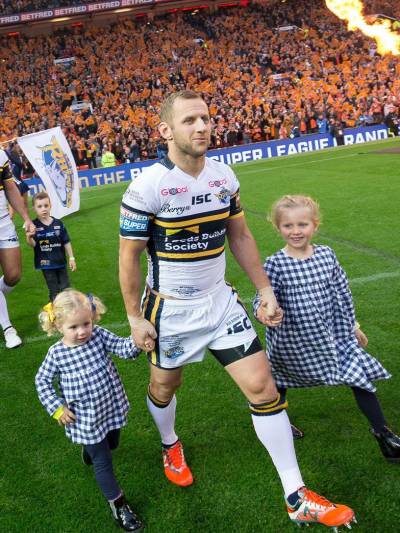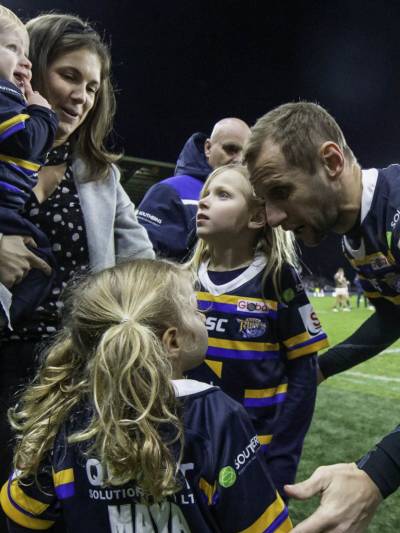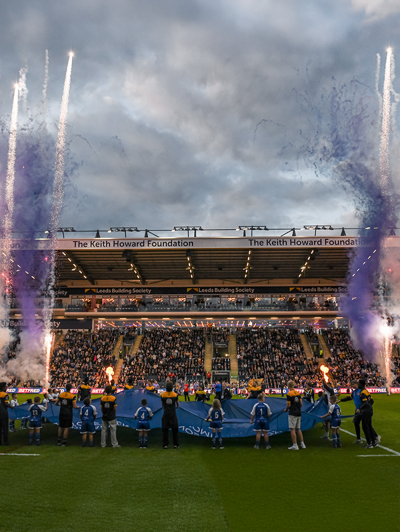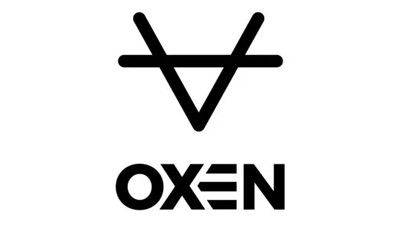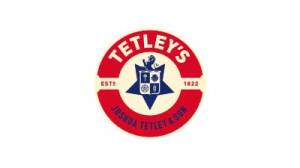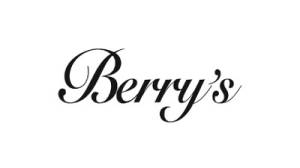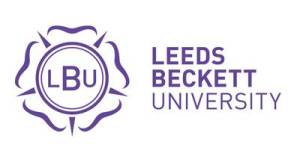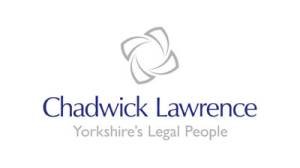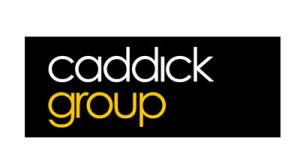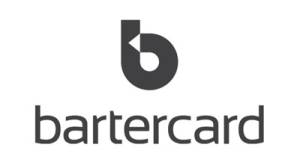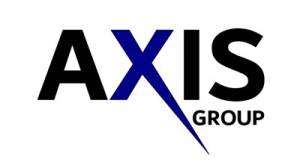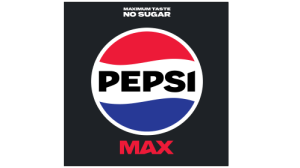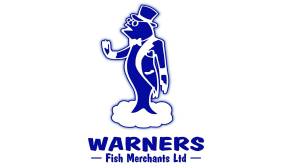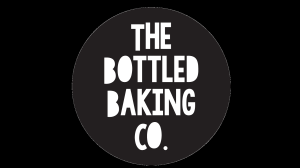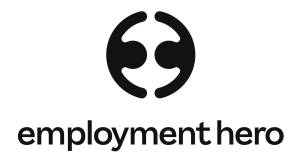Head Coaches
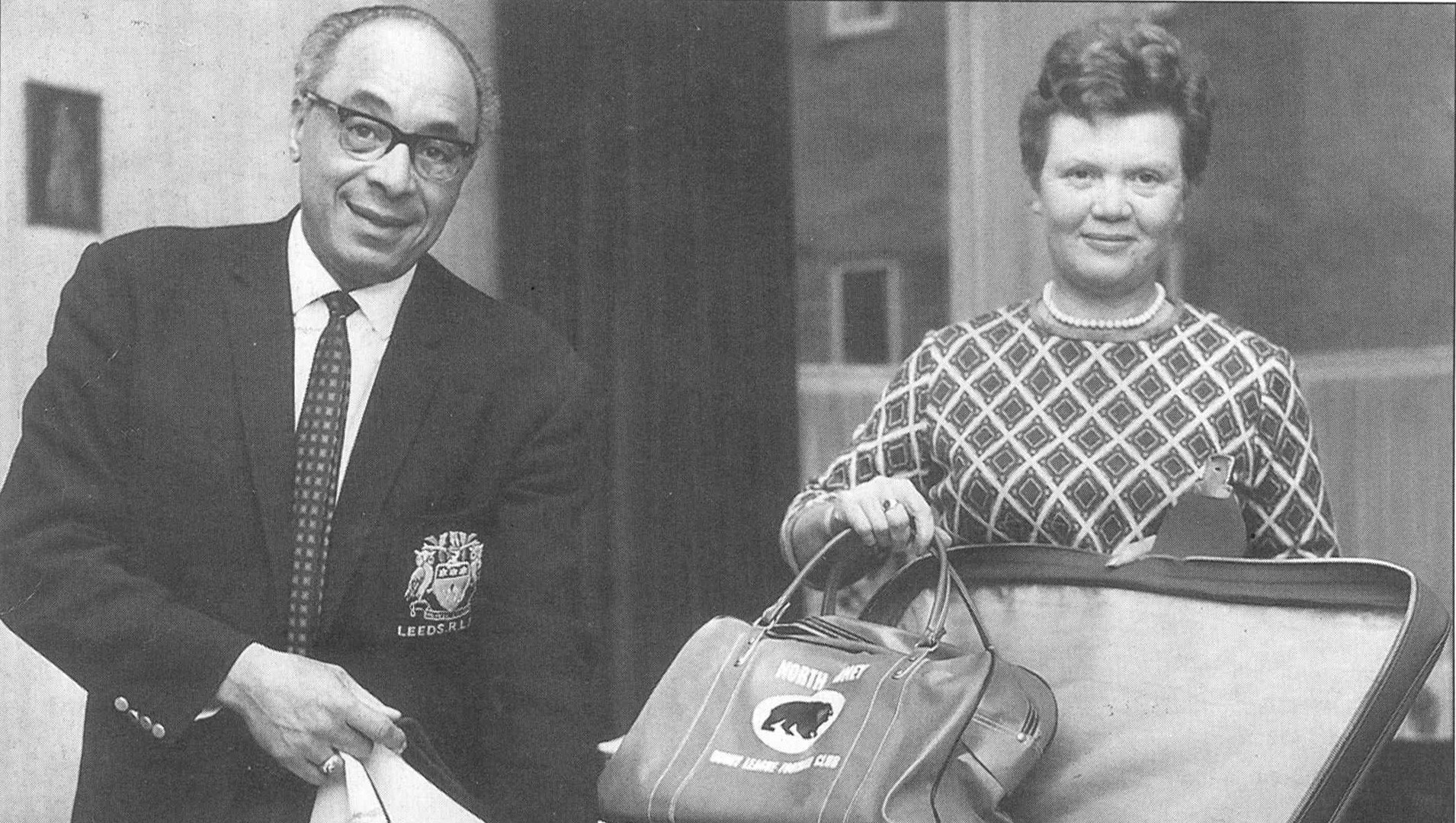
JUNE 1974-MAY 1975
Roy Francis was a fine rugby league but as a coach he was revolutionary. The proud Welshman from Brynmawr played just over 350 first-class game, predominantly as a free-scoring winger, enjoying great success with four out of five clubs he served who tempted him north in November 1963 but released him three years later, after a dozen games in which he crossed the whitewash nine times. He entered the wartime competition with Barrow, but it was while guesting for Eddie Waring’s Dewsbury that he won the bulk of his domestic honours. He scored tries in three consecutive Championship finals as he men from Crown Flatt defeated Bradford and Halifax but lost out to Wigan in 1944. Added to that, he registered the only two touchdowns of the Yorkshire Cup Final of 1942, which brought him further glory. International recognition followed post-war, with 5 caps for Wales and a sole Great Britain appearance, in the deciding third Test against the touring Kiwis in 1947 – his brace of tried instrumental in a 25-9 win in front of 42,500 delirious fans at Odsal.
His next stop was Wilderspool and another appearance and try in a Championship final, as Warrington were just edged out by Huddersfield in front of a huge crowd. The perfect foil for the code’s most prolific winger, Brian Bevan, he maintained his near try-a-game average there before accepting the job of player-coach at Hill and finding his true metier. Always one to identify and play to strengths, he built a formidable team at the Boulevard, based around a magnificent pack primed to new levels of fitness. Nine finals in as many years, although seven ended in heart-wrenching defeat, represented a golden age fir the club, his sides playing with incredible consistency. An offer to take charge at a declining Leeds was a challenge he could not resist and although the work ethic was the same, the resources available and style adopted were complete opposites.
Intent on grooming quality youngsters 0 and the crop available to him was as good as at any time at Headingley history – he was passionately commuted to a style of open football that exemplified the ethos of defence through attack. It took three mediocre seasons for charges such as Syd Hynes, Mick Shoebottom, Barry Seabourne and Ray Batten to blossom, augmented by some astute signings to give the squad balance and experience. Men like Harry Poole, Allen Lockwood, Mick Clark and Bev Risman enjoyed a rejuvenated lease of life under his tutelage and when the sum of the parts became the whole, the results were devastating. Whereas Hull has been a nearly men team, the Loiners swept all before them playing a magnificent brand of flowing football made for the new limited tackle rule that was built around keeping the ball alive and the game entertaining.
The culmination came in the 1967-68 season, with a second consecutive League Leaders’ Trophy aided by a club record-equalling 18-match unbeaten run, the Yorkshire League Championship and the Challenge Cup, won in the most dramatic of waterlogged circumstances as Wembley. His most memorable moment as a coach came in the semi-final when Wigan were trounced at Station Road, as his vision of ‘total football’ reached its zenith. He said of the performance, ‘Our last try crystallised everything I’d striven for – perfection on a football field. Barry Seabourne scored from around half-way with five colleagues in support and not an opponent in sight.’ Lured to Australia straight afterwards, he dramatically improved the displays of North Sydney and was feted by his peers for his vision and innovation without ever really settling in the country.
A second spell back at Headingley saw his side add the inaugural Premiership to his list of achievements in 1974-75, before he moved to spend a couple of seasons rebuilding the fortunes of Bradford Northern. Those who flourished under his guidance and revelled in the freedom and unorthodoxy of his approach spoke reverentially of his influence. For Alan Smith “Fraincis’ training methods were awesome, far in advance of any other team in the country, and stood everyone in good stead. But Roy was much more than that – he was a psychologist, an expert, who moulded his own perfect team.” Perhaps the most prodigious talent he unearthed and inspired John Holmes. “He’s train his players very hard and then buy you the first pint after the game. He nurtured a fabulous back division which swept Leeds to trophy after trophy in some style.” A superb motivator and man-manager, Francis was widely acknowledged as the greatest coach and thinker in the sport in the modern era.
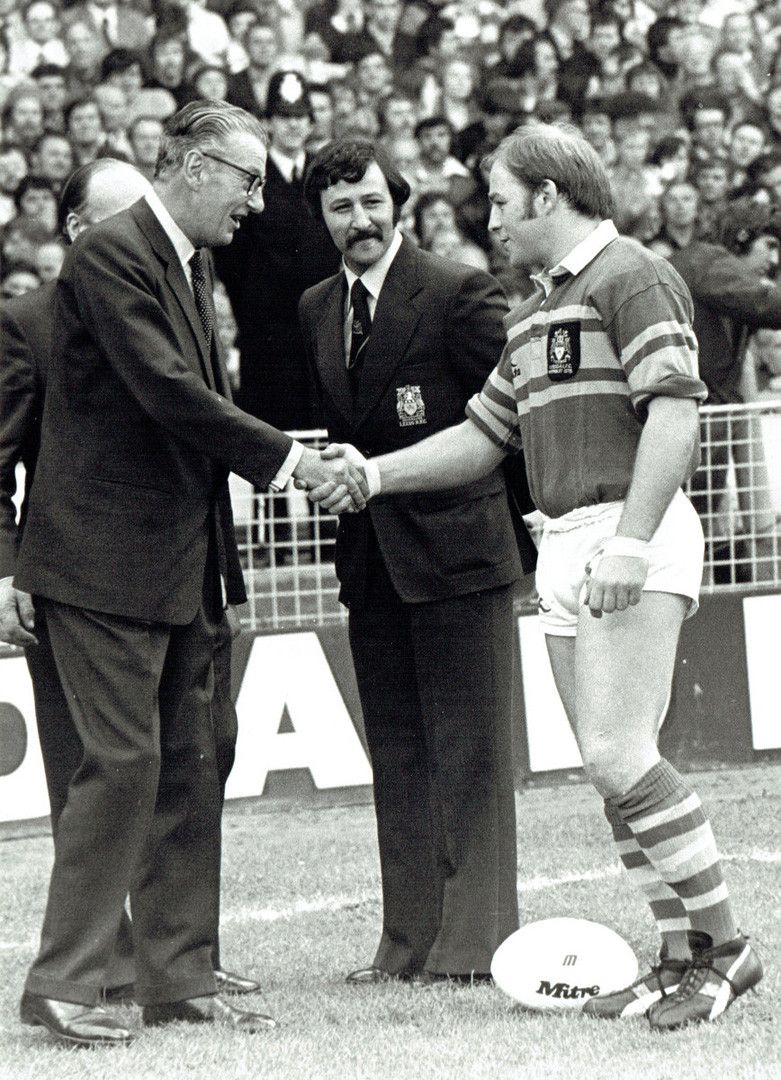
JUNE 1975 – APRIL 1981
Hunslet born Syd Hynes is a hero twice over at Headingley. As a player the tough, mercurial and versatile back captained and cajoled a magnificent group of players to glory through the most successful era in the club’s history. He then repeated that record as a coach in the late seventies, building the Loiners into one of the most feared and respected cup fighters around highlighted by two exhilarating trips to Wembley in 1977 and 78. He signed for Leeds as a twenty one-year-old in 1965 and in all played in thirteen finals in an illustrious ten-year career. Best remembered as a centre, he had the stealth and guile of a threequarter famed for a majestic dummy scissors with Alan Smith, the distributive skill of a half back and the strength, determination and bravery of a forward especially in defence where he consistently tackled above his weight as he piledrove opponents into the ground.
Those qualities gained him a place on the historic 1970 Ashes Tour down under which afforded him his most treasured moments helping Great Britain win the Ashes with a quite outstanding performance in the Second Test at the Sydney Cricket Ground to level the series followed by a crucial try in the decider a fortnight later. The Aussies, like his legion of fans at Headingley, loved the way he asked no quarter and gave as good, and invariably better, than he got. There were numerous highlights as he weaved his midfield spells with his performance in the 1968 Challenge Cup semi final against Wigan when Leeds ran riot probably ranking as his most complete eighty minutes as he orchestrated the waves of attack that left the all star opposing backline floundering and chasing shadows.
Tries in the Floodlit Trophy Final and the inaugural Premiership Final were typical of his ability to time a run to perfection. The more opposition fans bereted him the higher his stock became and the greater he was revered amongst the Headingley faithful. Often the backbone of the threequarters, his consistency and durability saw him make 366 appearances for his only club scoring 158 tries, 156 goals – a superb record for a so-called stand in kicker – and crucially 32 drop goals many of which turned matches as he became somewhat of an exponent at the art. He was frequently in the headlines as he set records, some unwanted like his notorious sending off at Wembley in 1971, and in his appointment as the club’s first ever player/coach. In all he masterminded seven cup final victories from his six year tenure in charge and never experienced defeat. A superb motivator who got the best out of his players and himself when it really mattered.
JUNE 1981 – OCTOBER 1983
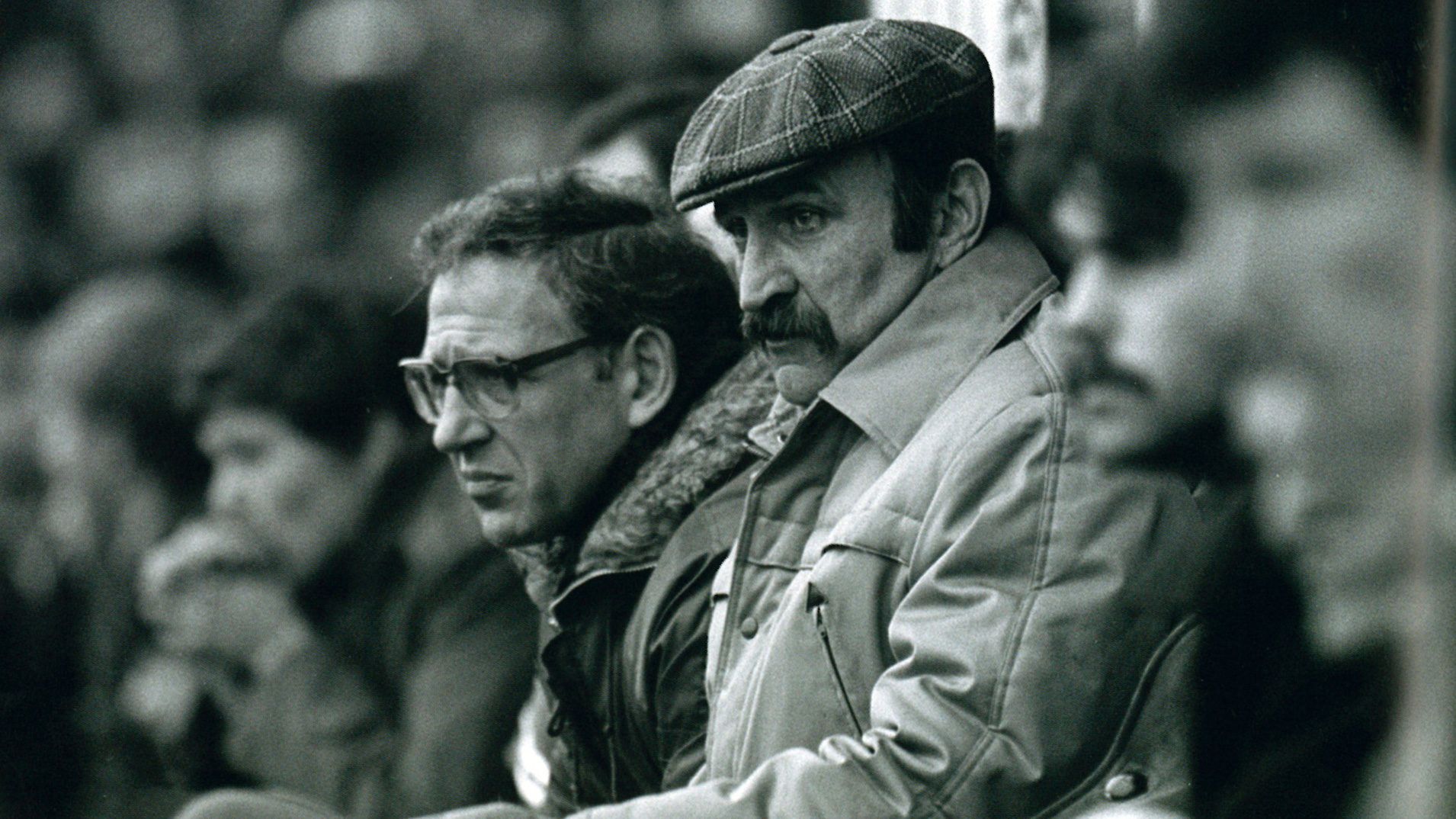
DECEMBER 1986 – APRIL 1988
Maurice Bamford was born in Leeds and introduced to rugby league in 1945 when he played for his school immediately after the end of the Second World War. He signed professional forms for Hull in 1953, but never played in the first team. He was transferred to Dewsbury in 1957 and returned to play amateur rugby league in 1964, having played eleven seasons as a professional. He coached amateur rugby league sides Stanningley, Dudley Hill, Milford Marlins, Oulton Welfare, Castleford Lock Lane, Blackpool Borough, Dewsbury Celtic, Greetland All-Rounders, Mirfield, Oxford University and Yorkshire County.
In 1972 he returned to the professional-game as assistant coach at Dewsbury and began a new career as coach. He had spells as coach at Leeds and Dewsbury (twice) and three times for Bramley. He also enjoyed time at Wigan, Halifax, Bradford Northern, Workington own, York, Keighley, Prescot Panthers, and Lancashire Lynx. Maurice Bamford was the coach in Wigan’s 18-26 defeat by Warrington in the 1984 Lancashire Cup final during the 1984–85 season at Central Park, Wigan on Sunday 28 October 1984. His career also included a three-year stint as Great Britain coach between 1984 and 1987 with test series against Australia, New Zealand and France. His term as coach of the national side also included the formation of the Great Britain under-21 team.
He was succeeded as Great Britain coach by Mal Reilly. During the 1986 Ashes series between Great Britain and Australia on their 1986 Kangaroo tour, Bamford came in for heavy criticism from a number of former Great Britain and England internationals for his selections of both the first and second test teams. After the Lions lost the first test 38-16 at Old Trafford in Manchester, many expected mass changes to the team for the second test. However, the only change came when centre Ellery Hanley was ruled out with injury and was replaced by St Helens winger Barry Ledger.
The Lions lost the test and the series as the Kangaroos ran riot, running in six tries to one in a 34-4 hiding at Elland Road in Leeds. Garry Schofield scored the only try for the home side which came when Michael O’Connor dropped a low pass from fullback Garry Jack. At no other time in the game did the Lions look like scoring. Five changes were made to the team for the third test at Wigan’s Central Park with the result being closer than many predicted, though the Australian’s completed a clean sweep defeating Great Britain 24-15.
Many English fans believed that French referee Julien Rascagneres allowing a contentious try to Kangaroos captain Wally Lewis midway through the second half ended any hope of the Lions snatching an unlikely victory. Bamford was coach of Wigan between May 1981 and May 1982 before being sacked. Between November 1983 and February 1985, he was coach of Leeds. In 1985, Bamford was the first ever appointed full-time Development Officer for rugby league in the UK when he served for the Leeds City Council Leisure Services for two and a half years. Between December 1986 and April 1988, he was coach of Leeds. In 2004 he had a brief spell coaching amateur side Bailiff Bridge Panthers.
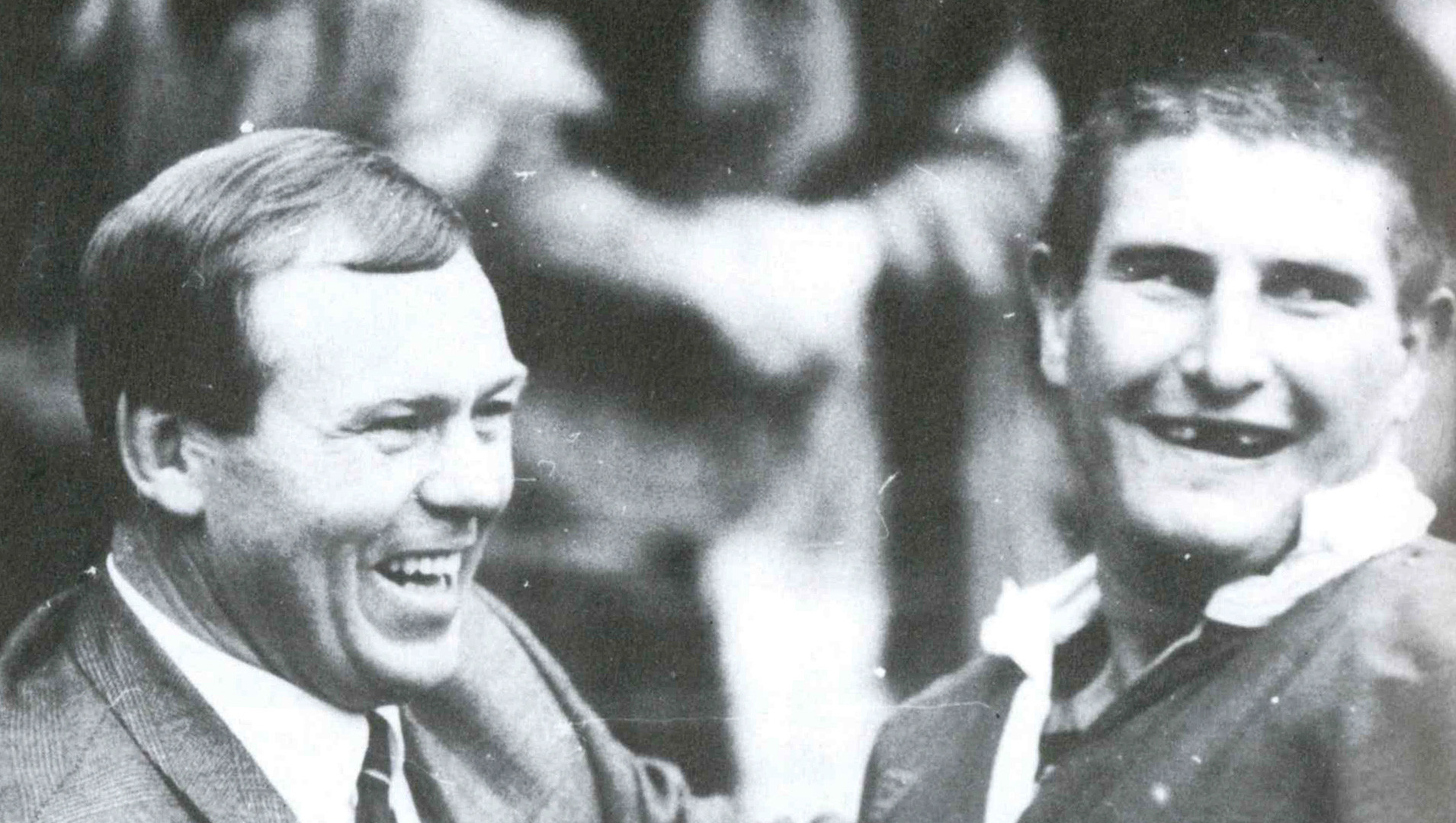
AUGUST 1988 – SEPTEMBER 1989
Malcolm Reilly enjoyed an outstanding playing career before moving into coaching. He represented Great Britain, England and Yorkshire and at club level he played for Castleford and Manly-Warringah Sea Eagles in Australia. In 2014 he was inaugurated into the British Rugby League Hall of Fame. One of Mal’s finest moments as a player was in 1969 when he won the Lance Todd Trophy in Castleford’s 11–6 victory over Salford in the Challenge Cup Final. After retiring from playing, Reilly went on to coach Castleford, Leeds, Halifax and Great Britain.
He succeeded Maurice Bamford as the Great Britain team’s head coach. He returned to his old club Castleford and led them to a 15-14 victory over Hull KR in the 1986 Challenge Cup final during the 1985–86 season. As with his playing career Mal tested himself in Australia and coached Newcastle Knights for the 1995 ARL season and saw them reach their first Grand Final at the end of the 1997 ARL season which they won. His coaching career continued but he had less success as head coach of the Huddersfield Giants, who finished bottom of Super League under his stewardship. He left Leeds at the end of the 2003 season following a major coaching re-structuring. In December 2004, Hull Kingston Rovers appointed Mal Reilly as director of rugby and first team coach. However, Reilly left the club mid way through the season.
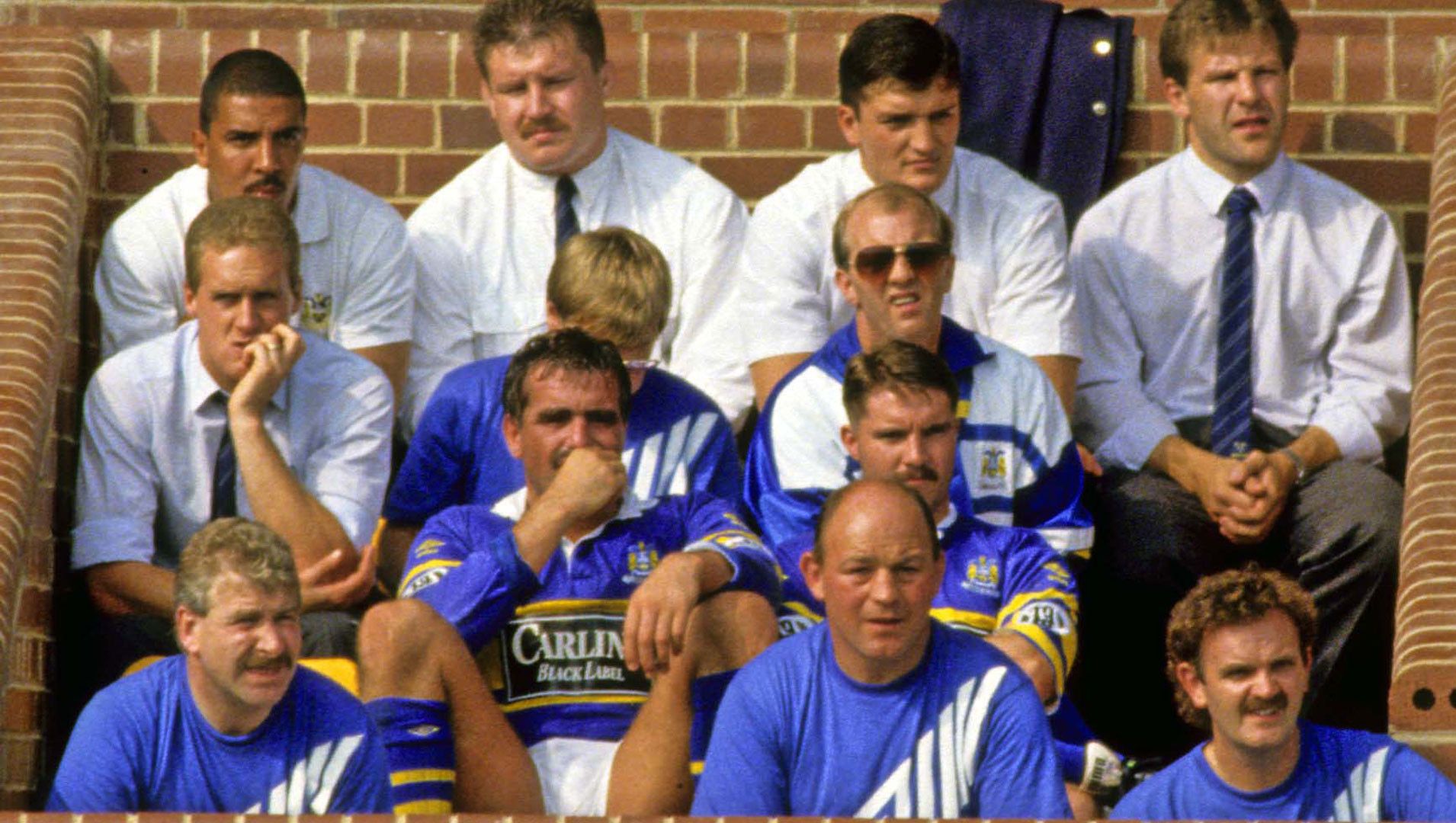
SEPTEMBER 1989 – MAY 1991
In the history of the modern game, David Ward may well have re-defined the role of captain – his passion, will and determination certainly marking him out as one of Leeds’ finest. Such inspirational leadership endeared him to players and fans alike earning him total respect and admiration. It was bourne out of a desire to constantly play to the best of his ability first illustrated when he was an integral part of the 1972 Championship Final winning team against St Helens in his debut season whilst still a teenager. In those days, hooker was a specialist role, an art, and he quickly learnt the wiles of the position whilst becoming a key member of Leeds sides that went on to lift four more trophies in as many years.
His ferocious and constant tackling demoralised opposing front rows and his scurries and darts from acting half back kept them honest and on the backfoot. What made him the complete player was the added responsibility of the captaincy handed to him in early 1977. His broad chest swelled with the pride of the challenge and within five months he was walking the Wembley steps to collect the coveted Cup. A year later at the same venue against St Helens, he gave what many consider to have been his greatest eighty minute performance in his beloved blue and amber. Holding the ship together after a torrid opening, he started the second half by dropping a goal to rally the troops and repeated the dose at the end of the match to claim an improbable, never to be forgotten victory.
The spirit in the side that day was the mirror image of the lionheart that led them. International honours were assured with a place in the World Cup party down under in 77 being followed by a Lions tour to Australasia two years later. That honour came just after he had scored a try in the Premiership Final defeat of Bradford Northern – another memorable display of true grit against the odds. In all he turned out 482 times for the Loiners over a glittering sixteen year period scoring 40 tries but being the cause of countless others.
On his joyful return to Headingley as coach at the end of the eighties he turned a team lacking self belief into one that only just finished runners up in the Championship to Wigan, firing his charges with the same kind of tenacity, drive and camaraderie that he had shown in the middle. He was always the player others wanted beside them in the heat of the battle, the first to lay his body on the line and set the perfect example. Unduly modest about his achievements, the boy from Shaw Cross became one of the toughest, most redoubtable and talismanic figures ever to play for the club.
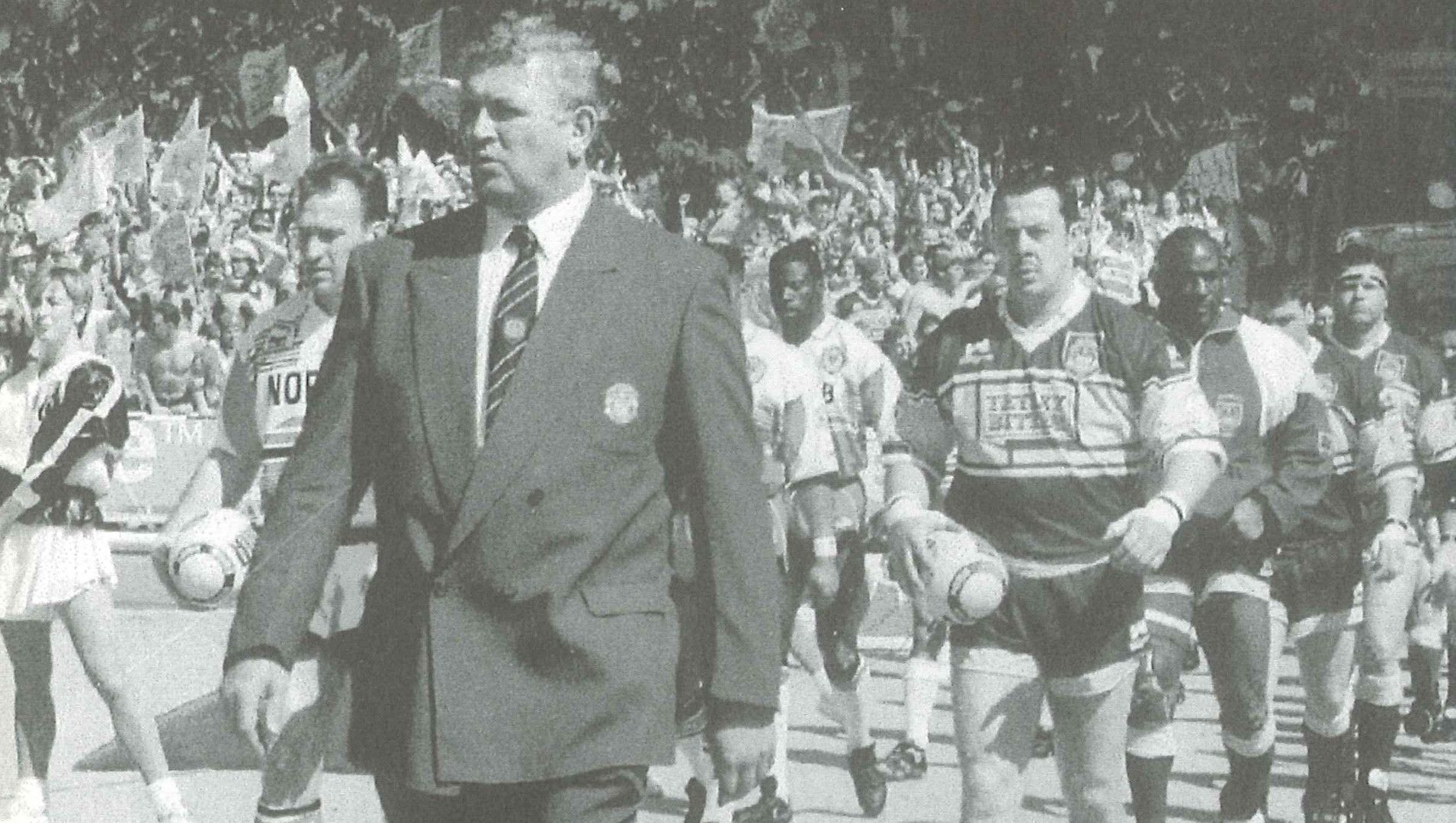
MAY 1991 – SEPTEMBER 1995
Laughton joined Leeds from Widnes just hours after the Chemics had lost the Premiership Final in 1991 and immediately set about creating a side that could be realistic challengers to the all-conquering Wigan side. He certainly achieved that, twice taking Leeds to the Twin Towers at Wembley in 1994 and 1995, having suffered heartache in the semi final against his old club in 1993. Most remember that era for the big spending culture that saw the stars of the game arrive at Headingley with salaries to match their reputations. However, perhaps more importantly Laughton also set about putting in place a youth structure that could once again find and attract the best young players in the game.
Most Leeds fans when asked who Laughton’s most high profile signing was during his time at the club might point to Ellery Hanley, Craig Innes or Alan Tait however the passage of time will point to a 13-year-old lad from Oldham called Kevin Sinfield who would go on to have a decent spell at the club. His playing days were very spent on the west of the Pennines as a loose forward with St Helens, Wigan and Widnes as well as a spell in Australia with Canterbury. He also captained Great Britain, winning 15 caps in all, and a further cap for England. He was part of the last Great Britain team to win the Ashes in 1970 in Sydney. Domestically, although born in Widnes he played at Saints and Wigan before finally arriving home at Naughton Park with Widnes.
He played at Loose Forward in the 14–7 victory over Warrington in the 1975 Challenge Cup final, before appearing in defeats to Saints in 1975 and Leeds in 1977. He did get a second winners medal with a 12–3 victory over Wakefield Trinity in 1979. He also led Widnes to victory over the Australian tourists in 1978. In 1979, he captained Great Britain team on a tour of Australia. In 1979, while playing for Widnes, Laughton won the Man of Steel Award. His achievement as a player were matched by that as a coach as he created a Widnes team that was renowned for their tough attitude with little respect for others reputations. That took them to domestic and international glory as they defeated Canberra in 1989 at Old Trafford. His move to Leeds was seen as the final piece of the jigsaw to bring the glory times back to Headingley however it was never quite to happen. He resigned as coach of Leeds just hours after the appointment of Dean Bell as his assistant on 26th June 1995 but insisted at the time that the arrival of the former Wigan and New Zealand captain had not influenced his decision. “I just think the time is right to hand over,” he said.
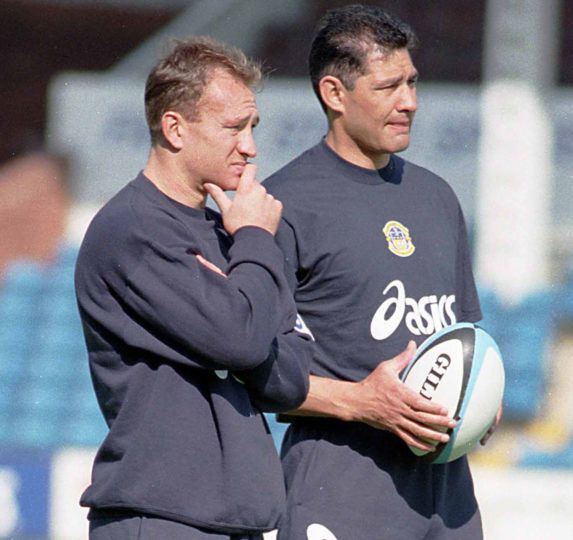
SEPTEMBER 1995 – SEPTEMBER 1997
Legendary New Zealand player Dean Bell returned to Leeds in September 1995 but it was to prove to be a tough baptism in his first Head Coaching role as Leeds lurched from crisis to crisis on the field that eventually resulted in Bell having to come out of retirement to play one last time for Leeds against Paris St Germain in the summer of 1996 to help avoid relegation in the inaugural Super League season.
Bell brought Kiwi legend Hugh McGahan with him to Headingley as Football Manager and it looked like a dream pairing. Bell had played for Leeds back in the 1983-84 season making 22 appearances and scoring four tries and had been expected to return to Blue & Amber from Eastern Suburbs after he emerged a key man in the New Zealand side.
Instead, Bell in 1986 he moved to Wigan and helped rewrite British Rugby League history. The tough, uncompromising Centre spent eight years at the Club, playing 244 games (plus 9 as a substitute) and scoring 96 tries, and is widely regarded as one of the best ever overseas signings.
During his Wigan career he won seven Challenge Cup winners medals, six Championships, two Premierships, four Regal Trophies and four Lancashire Cups as well as the Man of Steel award in 1992.
He returned to New Zealand in 1995 as a natural leader for the new Auckland Warriors club but following retirement he moved to Leeds to begin his coaching career.
Having survived his first season and helped keep the club afloat in 1996, he worked alongside new Chief Executive Gary Hetherington in 1997 to try and rebuild the squad. The team did produced improved performance but Bell stepped aside at the end of 1997 to take on a newly created role as Head of Youth Development. He signed the likes of Danny McGuire, Rob Burrow, Ryan Bailey and Richard Mathers and was responsible to nurturing a new steel in the rising stars in the Academy that would later form the backbone of the Golden Generation.
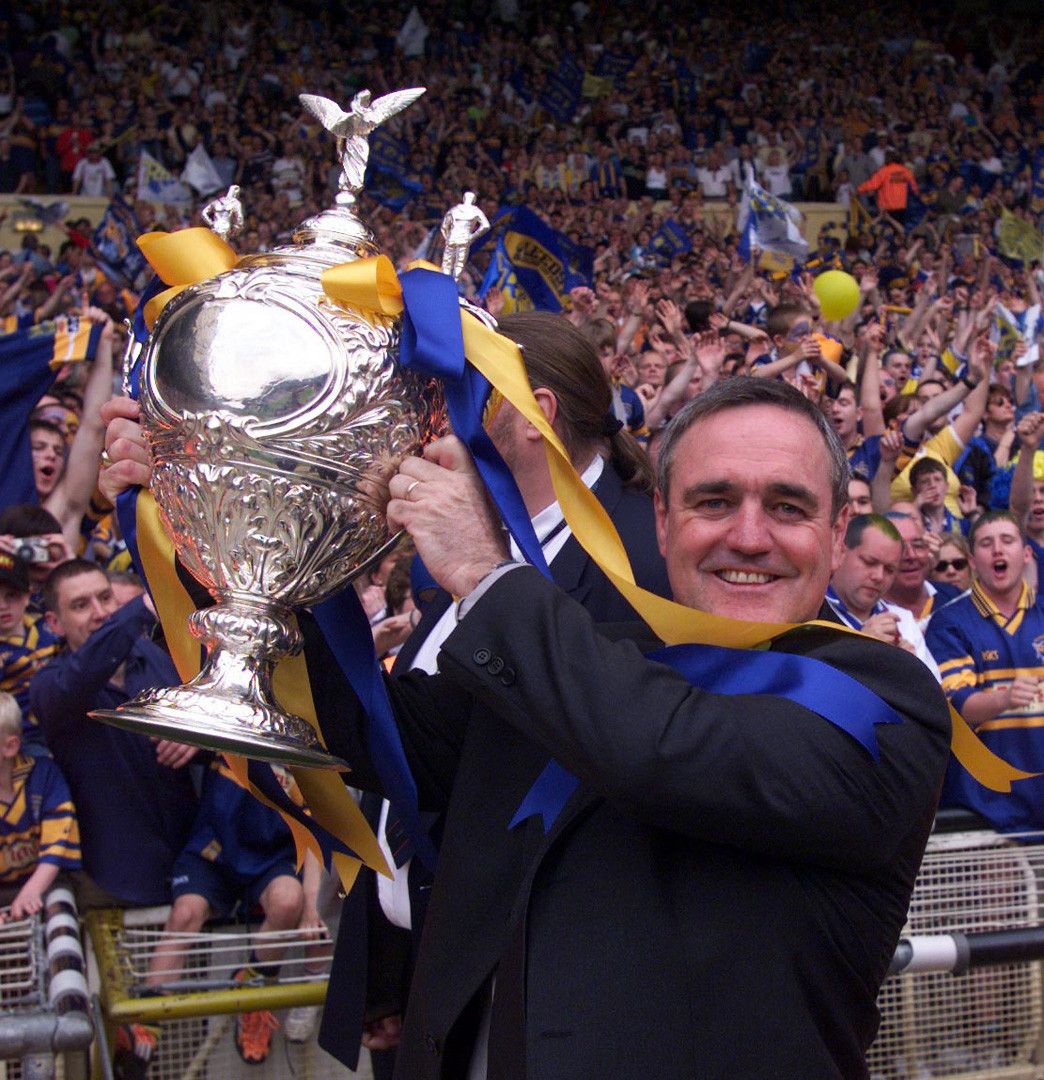
DECEMBER 1997 – OCTOBER 1999
Graham Murray joined the Rhinos in 1998 from Hunter Mariners, having started his coaching career at Illawarra Steelers, having played as a half back with Parramatta and Souths. He set about transforming the Rhinos immediately, creating a side that feared no one and never took a backward step. Leeds reached the inaugural Grand Final in 1998 eventually losing out to Wigan however the following year Murray had his finest hour when Leeds defeated London at Wembley to win the Challenge Cup Final. Murray left the Rhinos at the end of the season and continued his successful coaching career with Sydney Roosters, North Queensland Cowboys and New South Wales.
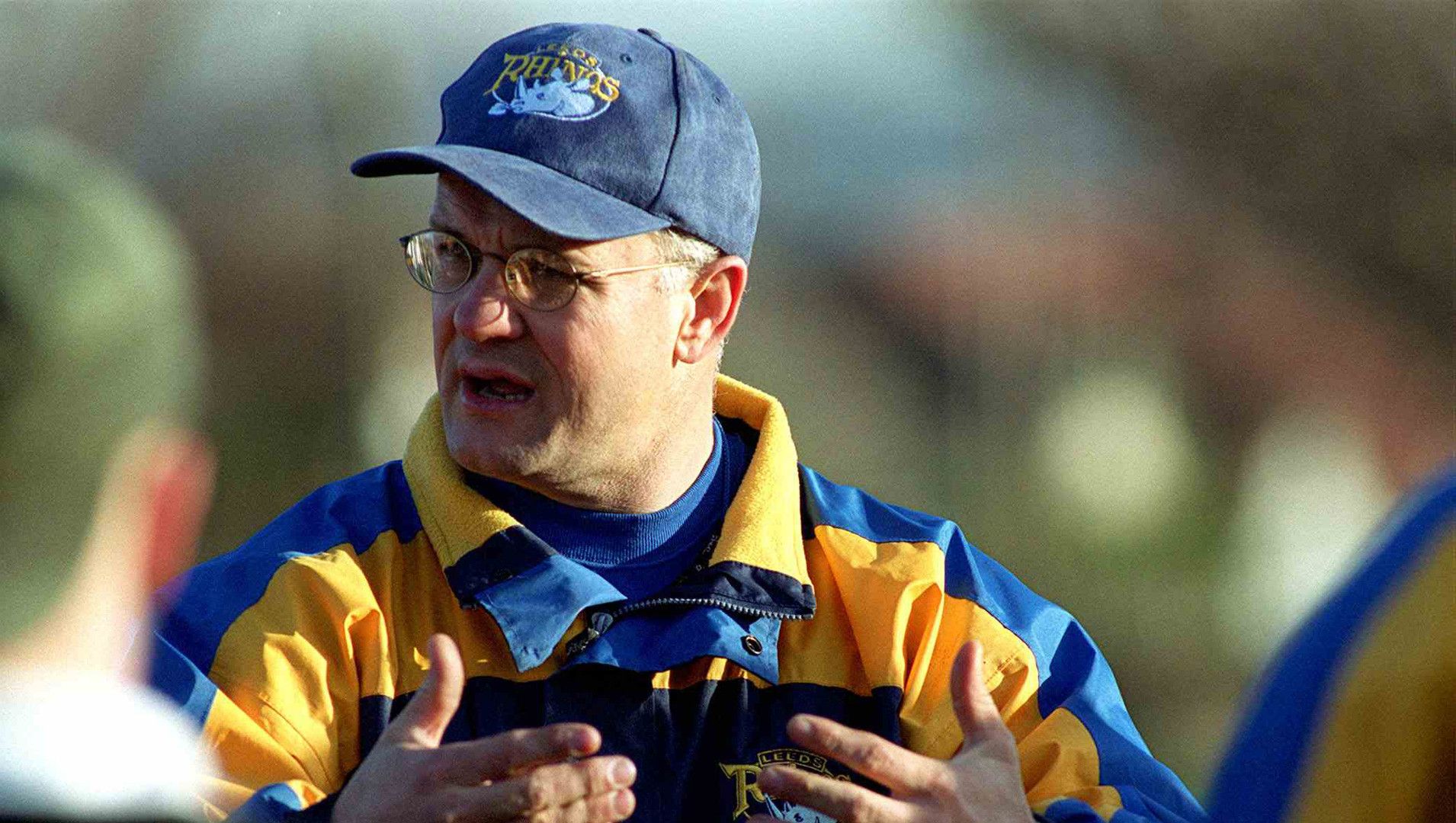
NOVEMBER 1999 – APRIL 2001
Australian Dean Lance, joined the Rhinos in 1999, succeeding fellow Australian Graham Murray. He started playing first grade in the Sydney premiership in 1982 for the Newtown Jets before moving onto Canberra Raiders where he became captain in his second year there. In 1989 he played in his second Grand Final, this time winning the premiership. His coaching career began as reserve grade coach at Canberra in 1992, later being promoted to assistant coach. He took over from Peter Mulholland at the Perth Reds in the 1997 Super League season.
The club was shut down at the end of that season so he signed as coach of the Adelaide Rams in the first year of the National Rugby League competition following Rod Reddy’s dismissal. That was to be the final season for the Adelaide club as well, so again Lance was left without a team to coach. He moved to England and became coach of the Rhinos in November 1999. He served there for three seasons, achieving mixed results and just four matches into the 2001 season, Lance parted from the Rhinos “by mutual consent”. After returning to Australia, Lance took on a football manager’s role at the Melbourne Storm club, working with coach and former Canberra teammate, Craig Bellamy. Following the Storm’s premiership victory in 2007, Lance moved to the North Queensland Cowboys club, also as football manager.
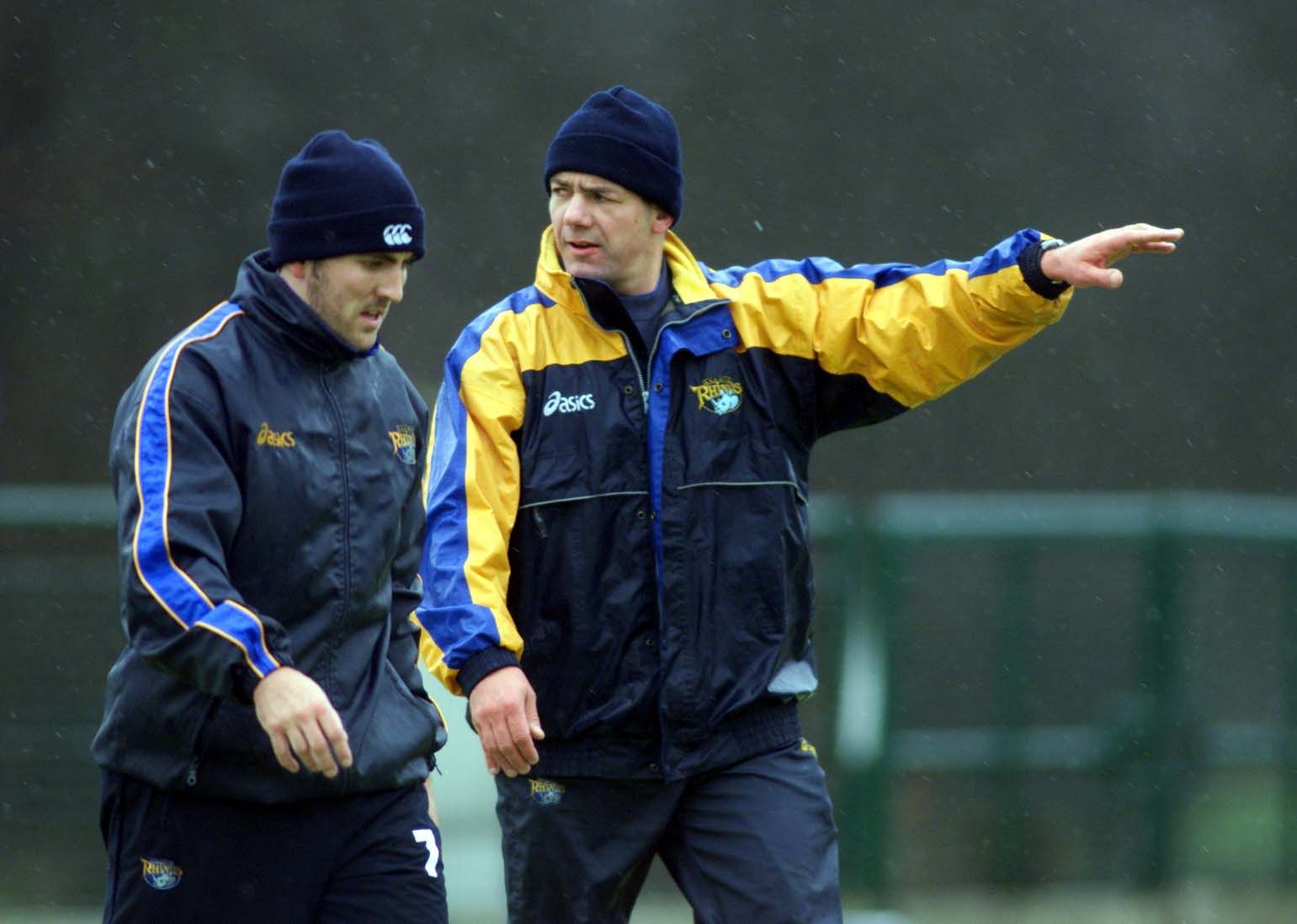
APRIL 2001 – OCTOBER 2003
Daryl Powell arrived at Headingley as part of a seven player deal from Keighley Cougars in the summer of 1997 where he was player coach. He did not start playing for the Rhinos until the following season and had a major influence on the side that made the Inaugural Grand Final in 1998 and then went onto win the Challenge Cup in 1999. With Iestyn Harris captain of the side aged just 21, After retiring from playing at the end of the 2000 season, he took up a role as Head of Youth Development at Headingley. However, just four months into the job he was promoted to First Team Coach in succession to Dean Lance. He gave debuts to the likes of Rob Burrow and Danny McGuire. He led the team to the Challenge Cup Final in 2003, where they lost out to Bradford in heartbreaking circumstances.
In 2003 he became Director of Rugby after Leeds appointed Tony Smith as head coach, and was also head coach of the Ireland national rugby league team. In July 2005 he made the switch to rugby union when he became the offensive coach and matchday manager for Leeds Tykes before being promoted in 2006 to head coach. He was appointed head coach of Featherstone Rovers in September 2008, who he led to the League Leaders’ Shield in 2010, 2011 and 2012 and the Grand Final Championship in 2011. He joined Castleford as head coach in 2014 and had a great first full season with the Tigers and was awarded the Super League Coach of the Year award for 2014, after getting the club to their first Wembley appearance for 20 years against the Rhinos.
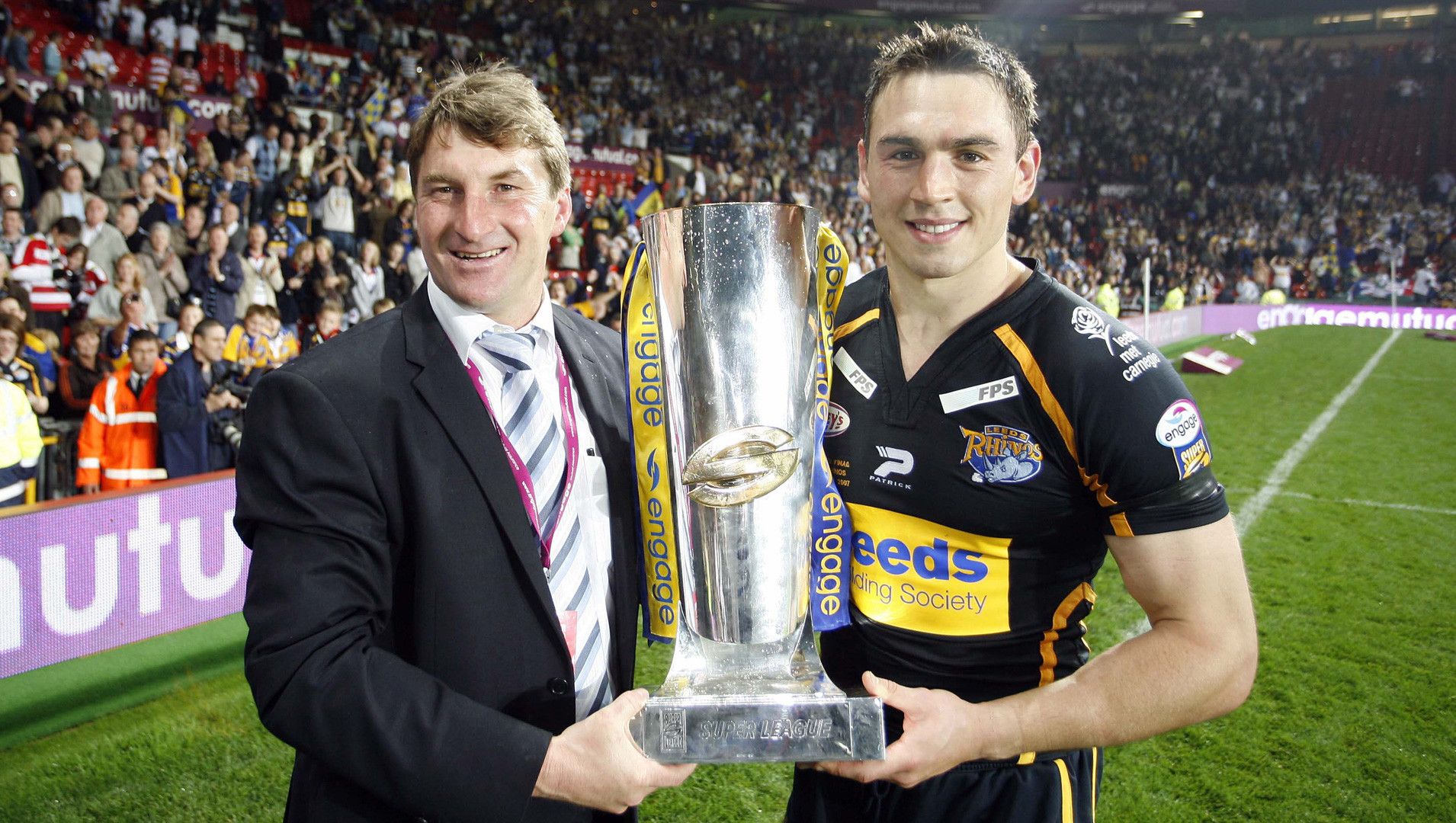
NOVEMBER 2003 – OCTOBER 2007
Tony Smith became Leeds Rhinos head coach in 2003 following the appointment of Daryl Powell to Director of Rugby. Tony joined the Rhinos for Huddersfield Giants where he has helped the Giants reach their highest league finishing position in over 40 years. A former player with Illawarra and St George, he finished his playing career in 1996 with a soekk ar Workington in Super League I. He began his coaching career as assistant coach at Adelaide Rams before moving to Parramatta Eels. He also coached Japan in the Emerging Nations World Cup in 2000 in England.
In 2001, he moved to England to coach the Giants and whilst they were relegated in the first season, they bounced back with Grand Final success at the first opportunity with an unbeaten campaign. Tony played in two Grand Finals whilst at St George, losing out to Brisbane in 1992 and 1993. At the Rhinos he took the team to their first ever Super League title in 2004, ending a 32 year wait for the title, and followed this up with a first World Club Challenge. In 2007 he secured the again when the Rhinos defeated St Helens for the second consecutive year in what was to be his final game in charge for the club. After leaving Leeds he went onto coach Great Britain and England before joining Warrington Wolves where he experienced further success, this time in the Challenge Cup on three occasions.
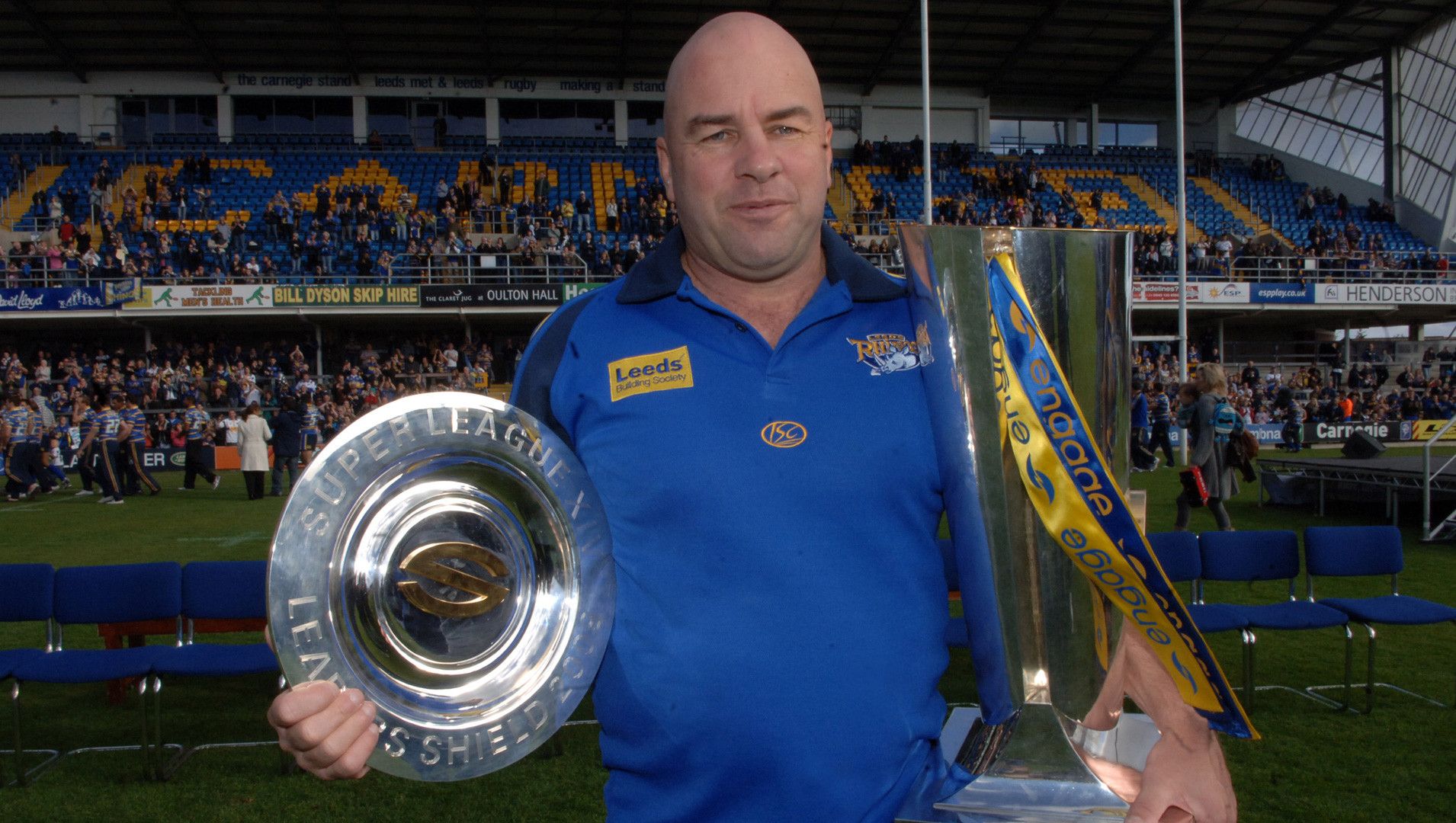
NOVEMBER 2007 – OCTOBER 2010
Popular during his tenure at the Rhinos, Brian McClennan won back-to-back Super League titles, the League Leaders' Shield and a World Club Challenge in his first two years at the club. He replaced Tony Smith as Head Coach of Leeds Rhinos in November 2007 after leaving his position as Head Coach of New Zealand in July 2007.
In his first season, McClennan guided Leeds to the World Club Challenge title with a victory over Melbourne Storm in only his fifth game with the club. He also retained the Championship for the first time with victory over St Helens at Old Trafford. In 2009, he followed that up by leading the Rhinos to the summit of the Super League at the end of the regular season and securing an unprecedented third Grand Final victory in a row.
His achievements with the Rhinos in 2008, saw him named the BBC Yorkshire Coach of the Year and he agreed a new one year contract extension with the club at the start of 2009 that will keep him at Headingley Carnegie until at least the end of the 2010 season.
During McClennan's time in charge of the Kiwis, New Zealand recorded a host of historic victories. They beat Australia in Sydney for the first time since 1959, and ended the Kangaroos 27 year dominance of international Rugby League in the same year with their victory in the 2005 Tri Nations Final at Elland Road. That game also marked the first time that New Zealand had defeated Australia twice in a year since 1953 with the 24-0 win being the widest-ever winning margin for New Zealand over Australia and the first time they had nilled their neighbours since 1985. In 2005, the Kiwis also recorded their highest away score against Great Britain and in 2006 their highest home score.
McClennan is the son of former St Helens coach Mike McClennan and previously coached the Hibiscus Coast Raiders and Mt Albert Lions to championships in the Bartercard Cup in New Zealand. The Hibicus Coast Raiders had been in the third division in Auckland's club competition when McClennan took over. Three years later, they had won promotion into Auckland's First Division. In 2001, they won the National Bartercard Cup competition.
He was assistant to Daniel Anderson in the 2004 Tri Nations but had to return home from England after finding out that his wife Julie had been diagnosed with a brain tumour and was undergoing surgery. He sold his auto-glazing business so he could care for their then four-year-old son and two-year-old twins.
McClennan then succeeded Anderson in June 2005 to become National coach. In 2006, he coached the Auckland Lions to their third consecutive victory in the National Bartercard Cup and was named International Coach of the Year after taking New Zealand to their second consecutive Tri Nations Final. He was the second New Zealander to coach Leeds following on from Dean Bell, who coached Leeds from 1996 to 1997.
McClennan, who was a half back during his playing days, once partnered Kiwi legend Stacey Jones in the halves for Auckland, which he captained on another occasion to victory over the 1990 touring Great Britain side.
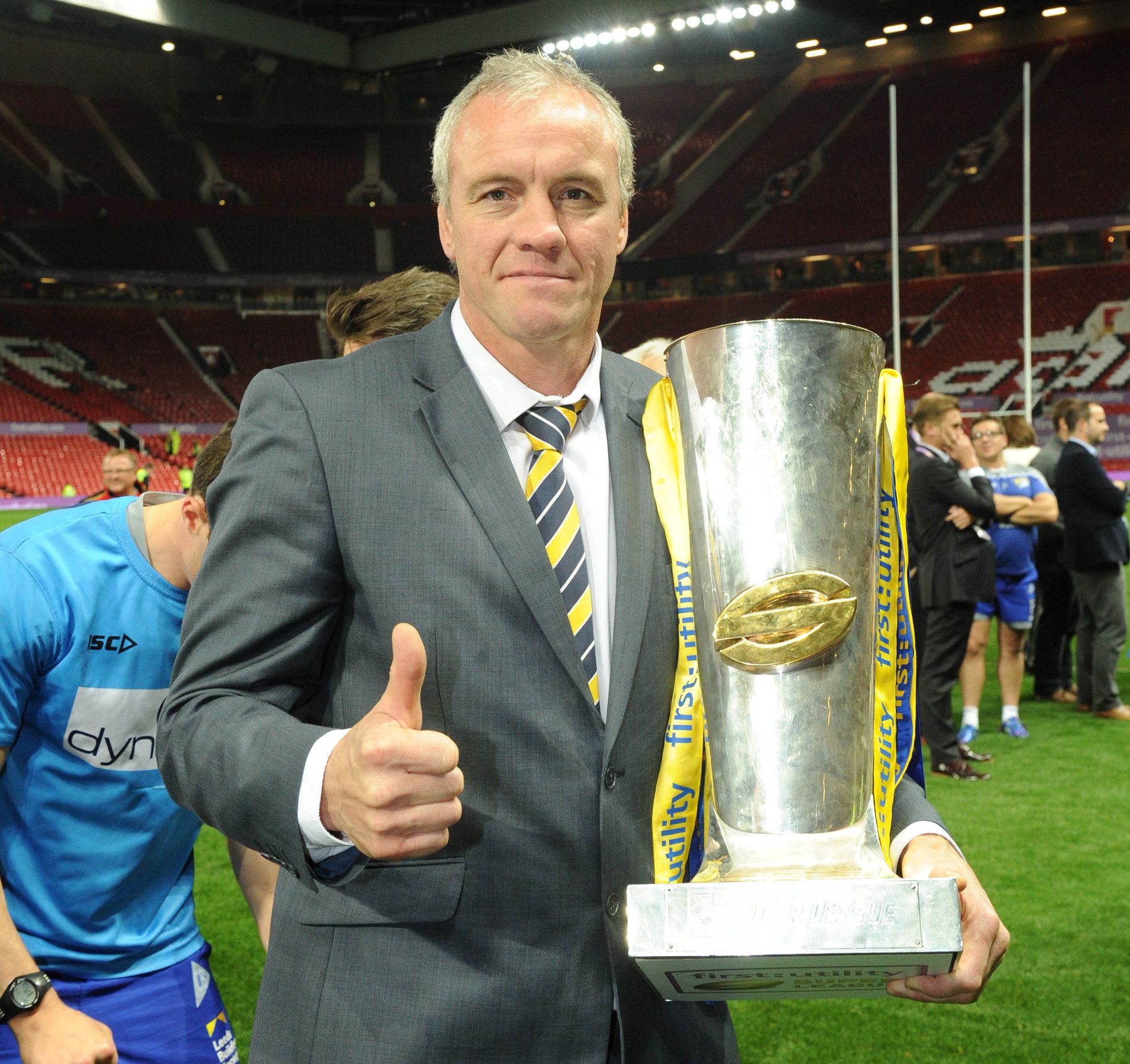
NOVEMBER 2010 – JULY 2018
Brian is the most successful coach in the history of the club, having delivered four Super League titles, a League Leaders Shield, a World Club Challenge and two Challenge Cups. Prior to this he had worked as an Assistant Coach to Tony Smith, when the team won their first Grand Final in 2004.
His first season in charge saw him become the first coach to lead a side to the Super League title from outside the top three as well as taking the Rhinos to Wembley for the Challenge Cup Final. He followed this up with another remarkable season, in which he became the first ever English coach to win back to back Super League titles, having already seen his side win a World Club title and reach another Challenge Cup Final.
Brian made his name in Rugby League as a player with Bradford Bulls, where he spent 9 years as part of one of their most successful ever sides. His first coaching role was with Huddersfield Giants, before moving to Headingley Carnegie and then in 2006 he moved south to take up his first Head Coaches role at Harlequins RL.
Brian hails from Wakefield where he was born into a rugby league family, his elder brother Paul having played for a number of clubs as a try-scoring loose forward. However Brian’s later path to Super League and international honours was a little unconventional and in his early teens he moved away from the game and joined the Royal Marines, where in those days rugby league wasn’t played. Boxing took over during this period as Brian’s premier sporting activity and during the odd game of rugby league at Eastmoor during periods of Leave, it became clear that his period in the Marines and in the Boxing ring had made him a formidable player on the rugby field.
Upon leaving the Marines, Brian successfully trialled for Bradford and after brief periods assisting his father painting and decorating and undertaking one professional boxing match, Brian turned full-time professional at Bradford with the advent of Super League.
In 1996 Brian toured Oceania with Great Britain, making his Test debut against Fiji in Suva and three further caps were gained in the 1997 Ashes Tests against Australia. A member of a number of formidable forward packs at Odsal, Brian was notably one of the infamous ‘fearsome foursome’ the other members being Paul Anderson, Stuart Fielden and Joe Vagana.
Brian’s nine year career at Bradford was one of great success with three Grand Final wins, two Challenge Cup victories and further Yorkshire and England honours. In 2003 Brian retired from playing and joined Huddersfield Giants as Conditioning Coach.
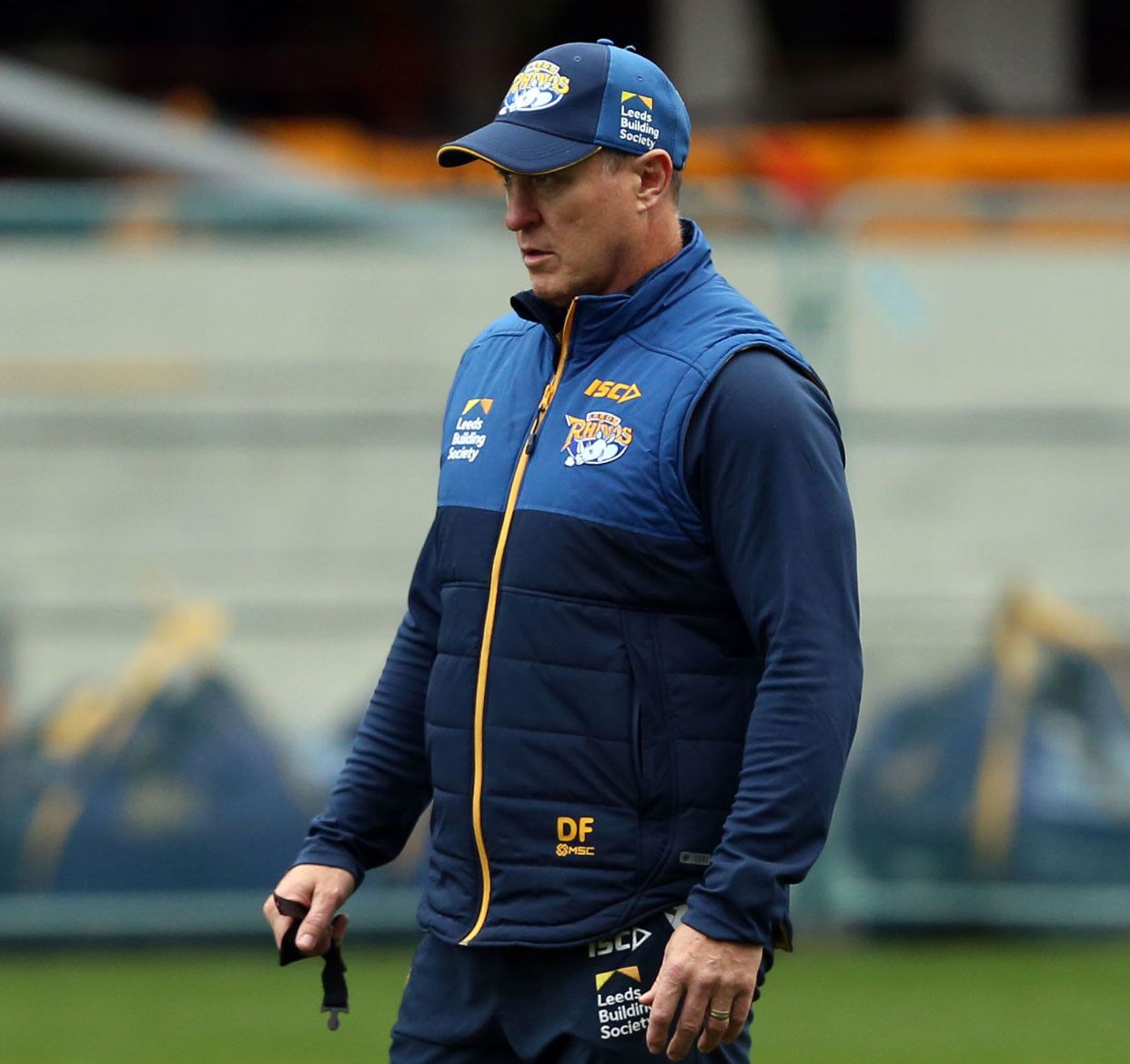
NOVEMBER 2018 – MAY 2019
Leeds Rhinos agreed a three year contract with South Sydney Rabbitohs Assistant Coach David Furner to return to Headingley as the club’s new Head Coach from 2019.
The 47-year-old played the final two years of his illustrious career at the Rhinos between 2003 and 2004, playing his final game at Old Trafford as he helped Leeds to their first Championship in 32 years with victory over Bradford Bulls. Furner has been with South Sydney since 2017, initially working with Michael Maguire before assisting Anthony Seibold this season as the Rabbitohs returned to the top four of the NRL.
Furner is a very experienced coach having previously been Head Coach of the Canberra Raiders for five seasons, Assistant Coach at the Raiders for three years, Assistant Coach at the North Queensland Cowboys for three seasons including their premiership year in 2015, and Assistant Coach of the Australian Kangaroos for six years under Tim Sheens.
In 2017, he was also assistant coach with Tonga as they reached the World Cup semi final, narrowly missing out to England. He will team up again with Tongan half back Tui Lolohea at the Rhinos. He played over 300 first grade games across Australia and the UK, winning premierships in both hemispheres, as well as representing New South Wales in State of Origin and Australia at an international level.
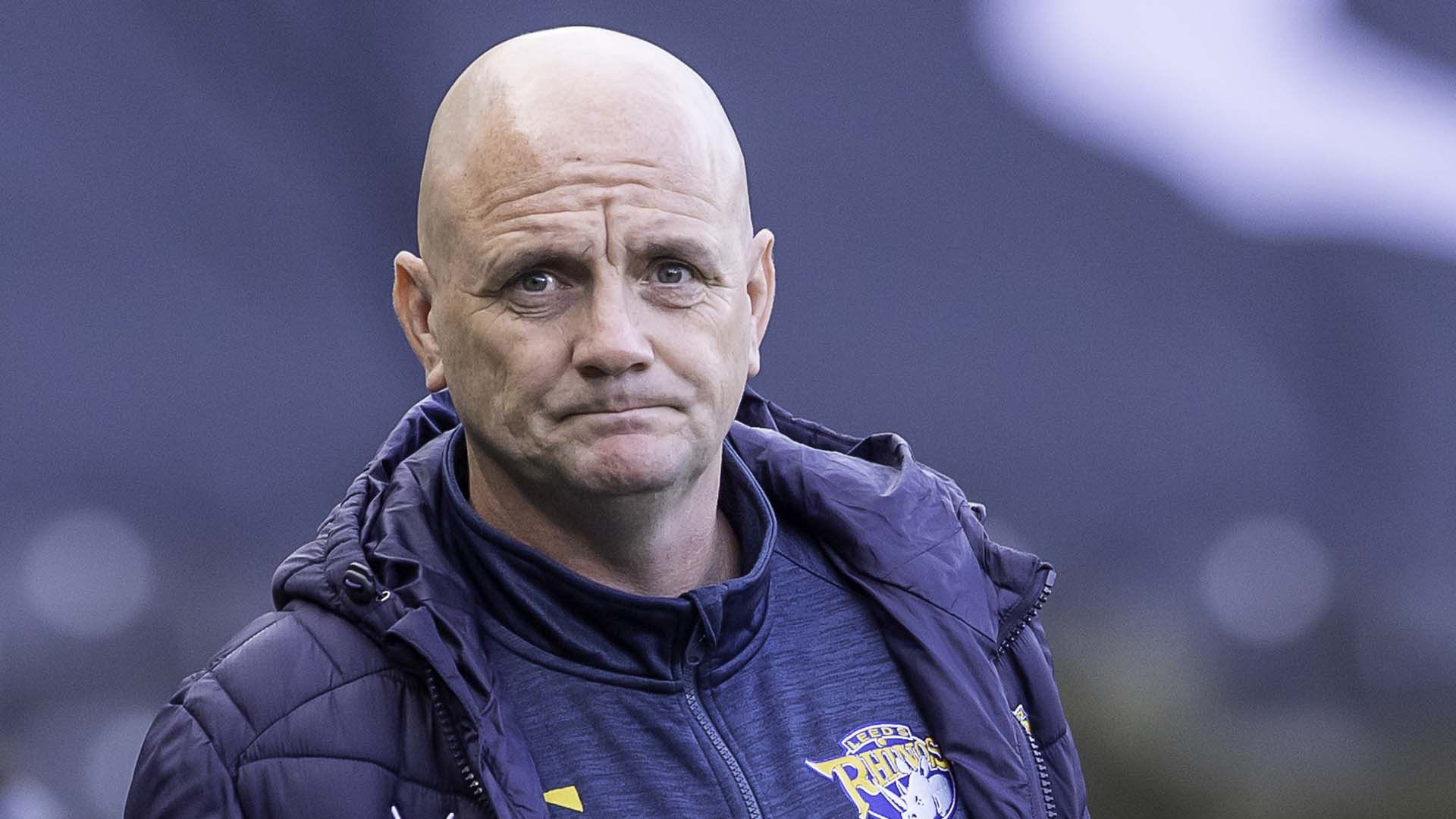
JUNE 2019 – MARCH 2022
Richard Agar was appointed Leeds Rhinos permanent Head Coach on a rolling twelve month contract in September 2019. Agar took charge of the side during the 2019 campaign on an interim basis and guided the team away from danger of relegation before continuing the resurgence of the club in 2020 as the Rhinos captured the Challenge Cup at Wembley.
He is the third most experienced coach in Super League in 2022 having started his coaching career at York back in 2004. He has since taken charge of nearly 250 games for York, Hull FC, Wakefield, Leeds and France.
Agar has spent his lifetime in the game of Rugby League, his father Allan having coached Featherstone, Bramley and Rochdale, winning the Challenge Cup with Rovers at Wembley in 1983. Richard began his professional playing career at Featherstone Rovers in 1991, signing as a 19-year-old stand off from Featherstone amateurs Travellers Saints.
He moved on to Dewsbury, and had a brief spell at Rochdale Hornets, before returning to the Rams for his most successful spell as a player. Under Neil Kelly, a Northern Ford Premiership Grand Final appearance was made against Hunslet at Headingley in 1999. The following year he kicked the winning drop goal as Dewsbury beat Leigh in the Final.
He followed Kelly to Widnes Vikings the following season and helped his new side to win the 2001 Grand Final as the Vikings booked a place in Super League. Agar stayed in the Championship though and spent one season with each of Rochdale and Featherstone Rovers before hanging up his boots at the end of 2003. He began his coaching career 15 years ago with a season at York before a seven year spell at Hull FC, working as an assistant to John Kear and Peter Sharp.
In 2008, he was appointed Head Coach for the first time, having had a brief spell as interim Head Coach in 2006. The highlight of his time at the MKM Stadium was leading Hull FC back to Wembley in 2008. After the 2011 season Agar returned to West Yorkshire to join Wakefield Trinity. He spent three seasons at Belle Vue, leading the team to the play offs in his first season before the club was hit by financial issues off the pitch that meant a major rebuilding of the squad.
In 2015, he joined Tony Smith’s backroom team at Warrington Wolves, spending three seasons at the Halliwell Jones Stadium before a year in Australia working with NRL side St George Illawarra Dragons.
He returned to England to join the Rhinos in December 2018 in a newly created position to head up the player development department at the club with a focus on the club’s academy production line. However, following the departure of Head Coach Dave Furner in May 2019, he took charge of the team after they had secured just four wins in 14 games. Since then Agar has overseen an overhaul of the Rhinos philosophy and development programme resulting in the Challenge Cup win at Wembley in 2020 and return to the Grand Final semi-final in 2021 for the first time since 2017.
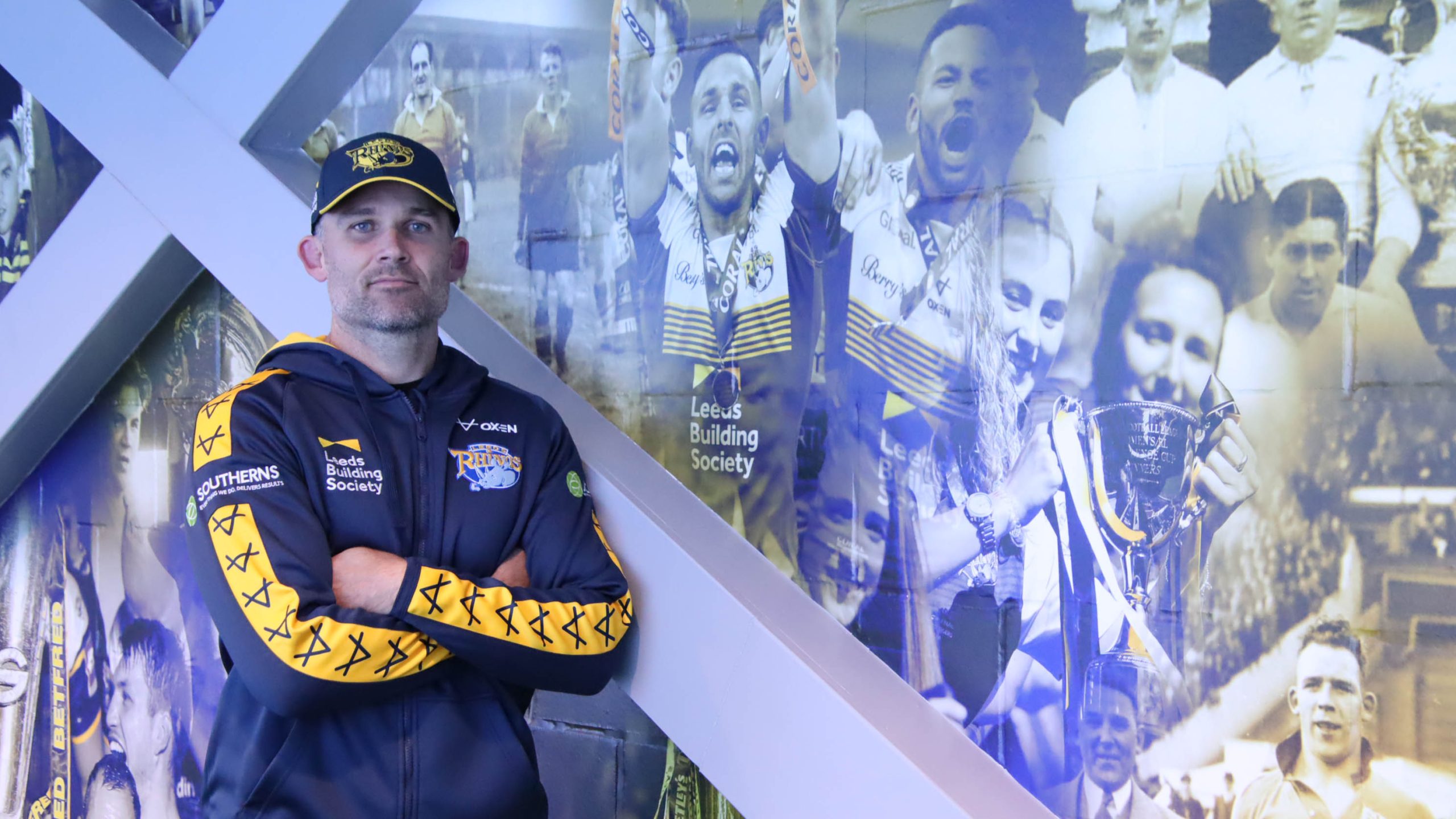
April 2022 - June 2024
Leeds Rhinos announced the appointment of Rohan Smith as the club's new Head Coach on a three-and-a-half-year contract with immediate effect in April 2023. Smith joined the Rhinos from reigning Queensland Cup Champions Norths Devils having worked with a host of NRL clubs throughout his coaching career. Rohan is the son of former Hull and Bradford coach Brian Smith and the nephew of former Leeds Head Coach Tony Smith.
Understandably with his family's pedigree in coaching, Rohan Smith has always had a keen interest in coaching and enabling players to fulfil their potential. His first opportunity in the professional game came with New Zealand Warriors back in 2003 when he was a video analyst for Daniel Anderson, which led to an opportunity with the Kiwis national side. He then moved to England to work with London Broncos before a return to Australia in 2007 to become an assistant coach with Newcastle Knights, working alongside his father. He had a brief spell as Head Coach of Tonga during this period before moving to Sydney Roosters between 2010 and 2012.
In 2013, he moved to Penrith Panthers before a return to the New Zealand Warriors in 2014. In 2015 he moved to Gold Coast Titans as an assistant coach before the opportunity arose to become Head Coach with Bradford Bulls in the Championship in England. His time at the Bulls was marred by off-field financial issues for the Odsal club, however Smith's reputation continued to grow after impressing the players he worked with, including the current Rhinos assistant coach Chev Walker, who was also his assistant at the Bulls.
His next Head Coach role came with Norths Devils in the Queensland Cup, Brisbane Broncos' affiliate club. Norths are one of the oldest Rugby League clubs in Australia but had not won the Queensland Cup for 18 years when he took over, despite an illustrious history that had seen the likes of Cameron Smith, Cooper Cronk and Billy Slater play for the club. He set about transforming the team and led them to glory last year in their Grand Final win over Wynnum Manly Seagulls.
During the 2022 campaign, he turned the Rhinos' season around to guide the team back to the Grand Final for the first time in five years. Out of 19 games, he won 16 of them, including a dramatic golden point extra point winner at Catalans, a comeback win at Headingley against Castleford to seal Leeds' play off spot and wins over Catalans and Wigan on the road, before leading the side out in his first Super League Grand Final appearance.
The Rhinos missed out on the play offs in 2023 as Smith led the side to finish eighth in the league table, before seven losses by June in the 2024 season saw him mutually agree to leave the club.
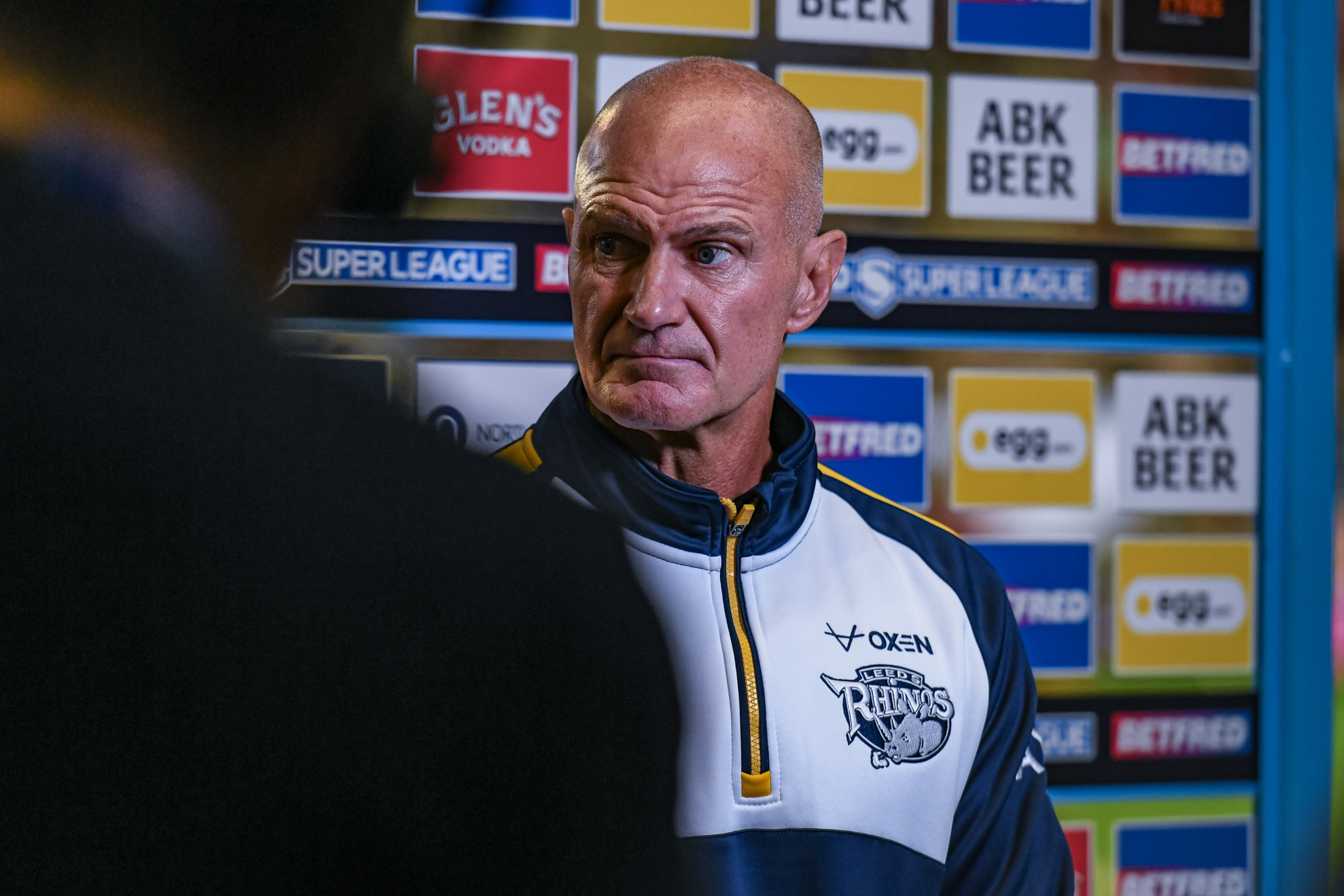
JULY 2024-PRESENT
Leeds Rhinos appointed Australian Brad Arthur as their Head Coach initially for the remainder of the 2024 season, before the Australian penned an initial one-year contract for the 2025 season.
Arthur was Head Coach of NRL side Parramatta Eels for ten seasons, leading the team to the NRL Grand Final in 2022. He coached the Eels for 264 games before leaving the club in May 2024. After the departure of Rohan Smith in June, Arthur was brought in as interim head coach to steer the team until the end of the season, but after a positive run of form he agreed to lead the club for another year until the end of 2025. He took the club up the table again in 2025, finishing fourth with 18 wins (the club's highest total since winning the 2017 Grand Final) and back into the Play Offs. To the joy of Leeds fans, he also penned a deal for 2026 to keep him at the club on a rolling contract for future years.
Arthur’s first coaching experience came as a player-coach with Batemans Bay Tigers in 1997, plus he also coached Cairns Brothers early in his career.
In 2007, he was given the opportunity to test himself with Melbourne Storm as he took charge of the club’s Under-20s team in the Toyota Cup. During the 2009 season, he guided a team that contained future NRL Grand Final winners Gareth Widdop, Justin O’Neill, Jesse Bromwich and Kevin Proctor to a 24-22 victory over Wests Tigers to claim the club’s first Under-20s Grand Final title. The success of that year elevated Arthur and Stephen Kearney to assistant roles under Craig Bellamy for the 2010 season, where they made the trip to Elland Road to take on the Rhinos in the World Club Challenge, before both departed for Parramatta with Arthur as an assistant to Kearney.
2012 saw Arthur break into the NRL for the first time as Parramatta announced him as their interim head coach in the wake of Kearney’s departure with six games to go. With Ricky Stuart set to take over from 2013, Arthur guided the team to two wins from their final games as they finished bottom of the table. Stuart's decision to leave the Eels for Canberra Raiders at the end of the 2013 season saw Arthur, who had served the year as an assistant coach to Geoff Toovey at Manly Sea Eagles, reappointed as head coach for 2014 as he began a decade long run at the helm of the club. He finished 2014 on the cusp of the finals as a side containing Jarryd Hayne and Semi Radradra finished the season as one of three clubs on 28 points. Brisbane squeezed into the top eight only on points difference.
A period of transition across the 2015 and 2016 seasons saw Arthur build the club back up to finish in the top eight for the first time since 2009 with 16 wins in 2017. After a tough start to the season, Arthur and the Eels won nine out of their last ten regular season games to finish fourth before losing out in the semi finals to North Queensland. 2018 saw the Eels face a number of challenges, but Arthur’s response was to deliver finals football for the next four years as they quickly became a contender for a Grand Final. The breakout of winger Maika Sivo in 2019 saw the winger score 22 tries in the Eels’ run to finish fifth, before they resoundingly beat Brisbane 58-0 in the qualifying final. The Covid-affected 2020 season was one of Arthur’s best in charge of the Eels as the club finished third in the league standings with fifteen wins and 30 points. 2021 was also a strong campaign, but was ended by a tight 8-6 loss to Penrith in the Finals.
2022 was a season to remember for Eels fans as the club finally broke their 13 year wait for a return to the Grand Final. Arthur led a team of stars, including long-serving Clint Gutherson, electric halves Mitchell Moses and Dylan Brown, and a forward pack containing Isaiah Papali’i, Reagan Campbell-Gillard and Junior Paulo, to 16 wins before they defeated Canberra and North Queensland on the road to the final. Facing off against Arthur’s old club Penrith though, the Panthers retained their title with a 28-12 result.
The Eels finish 11th in 2023 as they didn’t reach the heights of 2022, but 2024 was the Arthur’s final season with blue and gold, as the club terminated his contract as they sat 14th on the ladder with three wins in the opening 11 rounds. During his 264 games in 11 years as head coach, Arthur surpassed Brian Smith for the most games as Eels coach since the club was founded in 1947.
